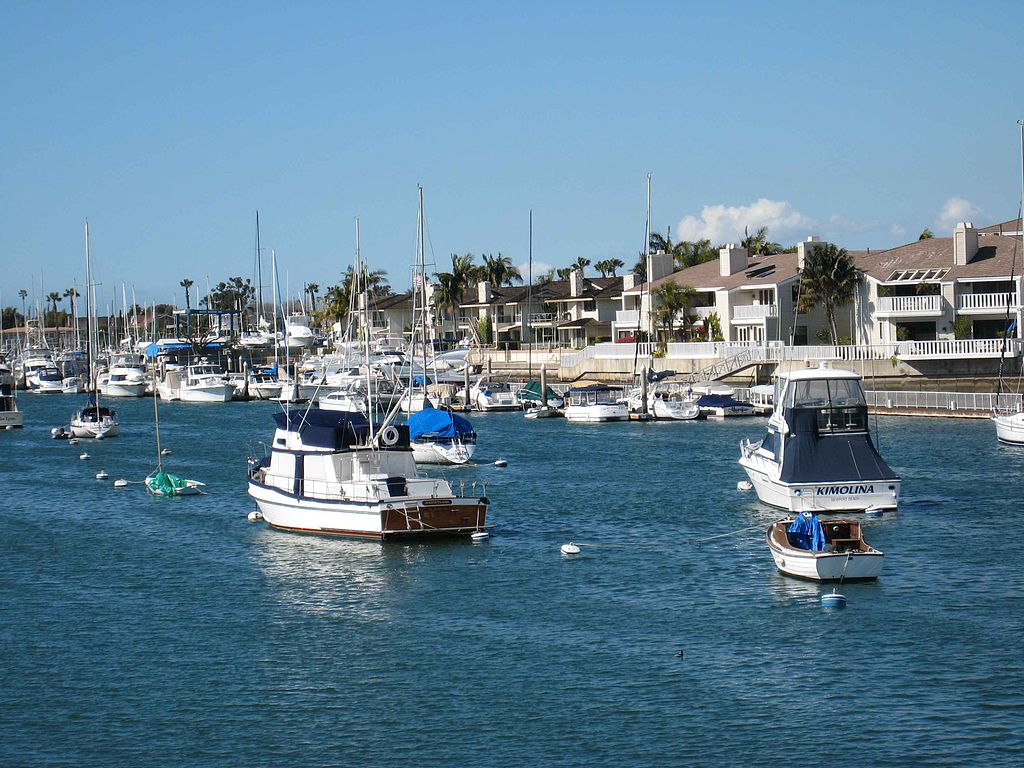Boating is a fun way to get out in nature, explore new areas and spend time with family and friends. Many people enjoy boating as a recreational hobby, but others use boating to go fishing or diving. However you enjoy getting out on the water, you’ll likely need a boating license if you plan to operate a vessel. Boats and other watercraft typically require licenses to operate because of safety. Knowing how to safely operate a boat and maneuver it on the water can make a big difference in preventing accidents and injuries.
If you plan to operate a boat and need to get licensed, below are some steps to help make the process easy:
Learn The Basics
If you’ve never operated a boat before, it’s a good idea to learn the basics before you apply for a boater’s license. Because you aren’t licensed yet, you can’t take a boat out for a spin on the water to learn, but you can read operator manuals and watch tutorial videos. It would also be a good idea to find a mentor who has a boater’s license and ask questions. Your mentor may be able to take you out on a boat and demonstrate the safe operation of a craft so you get a hands-on preview of what to expect when you get licensed.
Additionally, most licensing agencies provide boater’s license study guides. These resources can provide information you will need when taking any exams or assessments related to licensure in your state or locality.
Review Your Local Requirements
There will also likely be requirements that you must meet for your state or local area before being issued a boater’s license. Learning these requirements and ensuring you meet them before applying for a license can be helpful to avoid wasting time. For example, age requirements are common for boater’s licenses, but your state may also have vision requirements, insurance requirements and certain standards related to criminal history.
While checking out these requirements, take some time to familiarize yourself with the application process as well. These days, most licensing agencies allow people to apply for boater’s licenses online, but you may still have to pass an in-person test on the water. Once again, this comes down to the specifics of your local area and its requirements. By familiarizing yourself with local and state standards, you can prepare for any testing you may need to undergo to obtain your boater’s license.
Apply For Your Boater’s License
When you feel ready, you can fill out your application and submit it. When filling out your application for a boater’s license, it’s often a good idea to have personal information available, including your driver’s license number, your Social Security number and any information pertaining to insurance you have purchased for a boat. After completing your application, take the time to review your information to check for accuracy. Submitting inaccurate information could lead to your application being rejected, and this can cause a delay in getting licensed.
Safeguarding Your Boater’s License
Once you receive your boater’s license, you will want to keep it safe. When on the water, make sure you have your license available. You may choose to keep your license on your person, but you can also consider placing it inside a water-tight container onboard your boat. You will need to have your license on you because marine police, wildlife officers or other officials may ask you for it if they are conducting an investigation.
You’re discouraged from making photocopies of your license since this can open the door to identity theft. While you may need to make a copy of your boater’s license for official purposes, you should not leave photocopies of your license lying around unsecured. When not using your license, store it in a secure place like a safe at home. If your license is missing or stolen, report it to authorities immediately to protect your identity.


